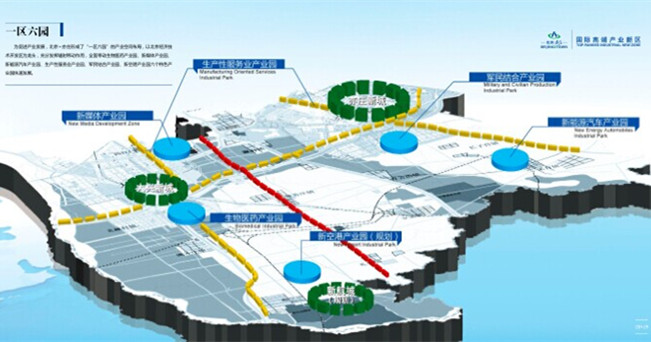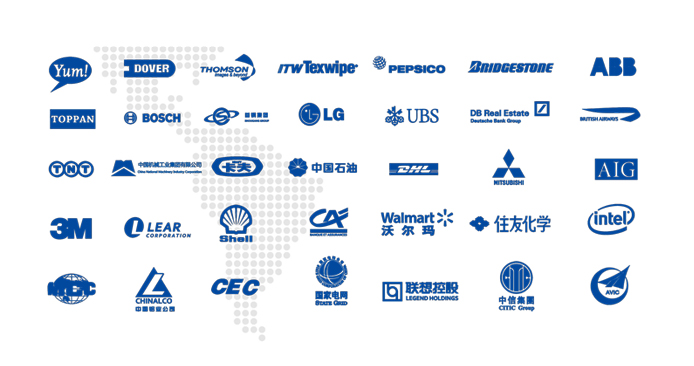BAIC Group to export waves of electric vehicles to Mexico
( China Daily )
BAIC Group is exporting its electric cars into Mexico to be used as taxies starting from June as part of the Stateowned carmaker's efforts to go global, according to a senior executive at its subsidiary in charge of international business.
Around 100 China-made EU 300 models will be shipped to Mexico City each month from June, marking the first time that the carmaker's electric cars have been sold overseas, said Du Rong, the spokesperson of the BAIC International Development Co, in an interview last week.
Du did not disclose the specific number of cars the Mexican taxi association has ordered but said the contract lasts for more than one year.
He said that what gave BAIC the edge over its competitors was not only the EU 300 model itself, which can run up to 300 km when fully charged, but BAIC's battery swap solutions that allows a new fully-charged battery to be swapped into the car within three minutes.
BAIC has been promoting its solutions in China as well, and plans to build 3,000 battery swap stations in around 100 cities. It has already built more than 100 in four Chinese cities including Beijing and Guangzhou as of March this year.
"The Mexican taxi association are particularly interested in the swap solution," said Du, adding that it also gives a glimpse into BAIC's going global efforts, which is not merely about selling cars abroad, but building an entire industrial chain overseas.
Mexico is one of the four major markets for BAIC, which started to explore overseas business opportunities in 2013 after China proposed the Belt and Road Initiative.
The other three markets are Southeast Asia, West Asia and South Africa.
BAIC's plant in South Africa is to become operational in June.
Located near the automotive export hub of Port Elizabeth, the 11 billion rand ($826 million) manufacturing facility is expected to produce 150,000 cars a year.
Du said the plant, which is the largest overseas investment by any Chinese carmaker, will cover large parts of Africa, and some of the cars produced at the plant are also expected to be exported.
"You see we localize production, operations and branding. Along with them we bring our technologies and our management," he said.
Instead of relying too much on local dealers, Du said BAIC is building its own sales network, which helps it to better understand the local market so that it can offer products local customers need.
"This is what we have learnt over the past few years, and we will continue on this path in the future."
With the moves, Du said his company has set a goal to sell 60,000 cars overseas by 2020, which would make it a top three Chinese car exporter. Last year, it sold 26,000 cars overseas.
 The Area with Six Parks
The Area with Six Parks Global Top 500
Global Top 500